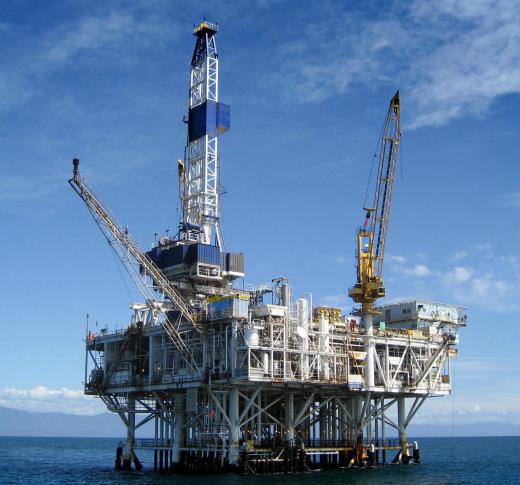The term “Big Oil” is used to refer to major oil companies such as British Petroleum, Shell, ExxonMobil, and Chevron. These companies control a large share of the market for oil and petroleum products. The 16% of the world's oil which is available to private corporations is dominated by these companies, which have immense collective economic, social, and political power, especially in industrialized nations which rely heavily on the products of crude oil.
National governments of oil producing nations constitute “Really Big Oil”, which controls 84% of the available global oil supplies. National oil companies are often criticized for being poorly managed and sluggish, which results in disruptions in oil supplies globally. These countries banded together in 1960 to form an Organization of the Petroleum Exporting Countries (OPEC), which coordinates oil production and sets global prices per barrel. In theory, OPEC is supposed to control oil reserves to ensure a steady supply of oil to companies which process it for sale around the world, but in actuality, OPEC dominates the global oil market, wielding a considerable amount of political and economic clout.

In addition to pumping their own oil, Big Oil companies purchase oil from OPEC member nations and export it to processing plants and refineries which can be found all over the world. Using existing data on supply and demand, the oil is refined to yield products such as gasoline and natural gas. In some nations, Big Oil has been accused of manipulating available supplies and prices to turn a profit. Especially in nations where the majority of citizens are forced to drive to commute, fluctuations in gas prices can be frustrating and incomprehensible.

Because Big Oil has limited access to global oil supplies, it works hard to extract oil from sites it is permitted to access. As a result, oil supplies are being rapidly depleted in areas managed by Big Oil, which has also developed techniques for extracting oil from sand, shale, and other materials which harbor trace amounts of the precious resource. The vast reserves held by OPEC members are a source of frustration to Big Oil, because they are being managed inefficiently, and could have much higher yields. Fluctuating oil prices as a result are also difficult to explain to consumers, especially when most Big Oil companies manage to turn a very large profit globally.
Ever since she began contributing to the site several years ago, Mary has embraced the exciting challenge of being a About Mechanics researcher and writer. Mary has a liberal arts degree from Goddard College and spends her free time reading, cooking, and exploring the great outdoors.

